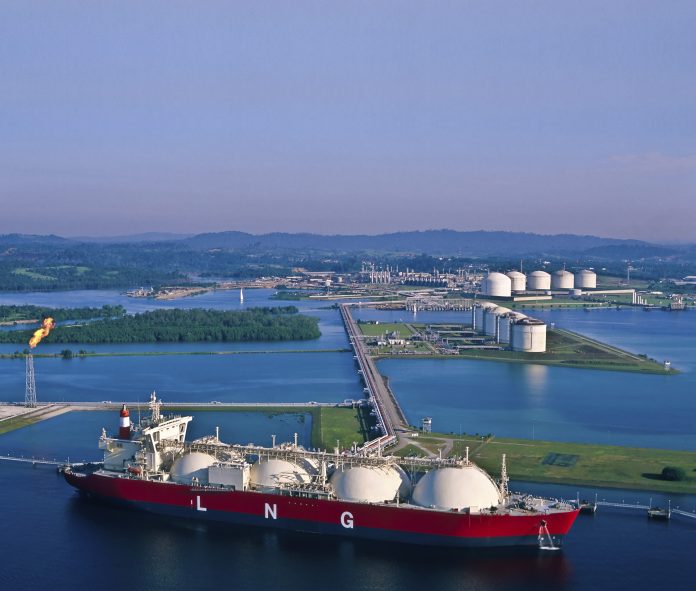Doha
Exxon Mobil Corp said on Tuesday that production and exports of liquefied natural gas from Qatar have not been affected by rising diplomatic tensions in the Middle East.
Saudi Arabia, the United Arab Emirates, Bahrain and Egypt on Monday cut ties with Qatar, accusing the country of supporting extremism. Qatar denies the allegations.
The growing diplomatic rift has raised concerns about global access to Qatar’s LNG, especially after some regional ports in the Persian Gulf said they would not accept Qatari-flagged vessels.
Commodities traders have grown concerned Qatar’s LNG could be barred from Saudi Arabia or from traversing Egypt’s Suez Canal, though so far no limitations have been imposed.
Maersk , the world’s biggest container shipping line, said on Tuesday it can no longer transport goods in or out of Qatar in the wake of the diplomatic rift.
Qatar and Exxon have had development agreements for more than a decade, with Exxon helping Qatar to become the world’s largest LNG exporter. Exxon, working with government-controlled energy company Qatar Petroleum [QATPE.UL], has invested in LNG-processing plants, transport ships and related infrastructure.
The pair, which earlier this year were awarded a contract to explore for gas off the coast of Cyprus, also control the Golden Pass LNG facility in the United States with ConocoPhillips.
Despite the diplomatic tension with other Arab States, a key Qatari gas export pipeline to the United Arab Emirates is still operating. Exxon said its production and export of LNG from Qatar have not been affected.
“As a matter of practice, we don’t comment on matters between governments,” Exxon spokesman Alan Jeffers said.
Exxon has said that a large portion of its Qatari LNG production is under long-term supply contracts, meaning the company must supply gas from Qatar or some other source. Exxon does have a large LNG operation in Papua New Guinea.
Qatar has reassured clients in Japan and India that LNG shipments will not be affected by the tension.




